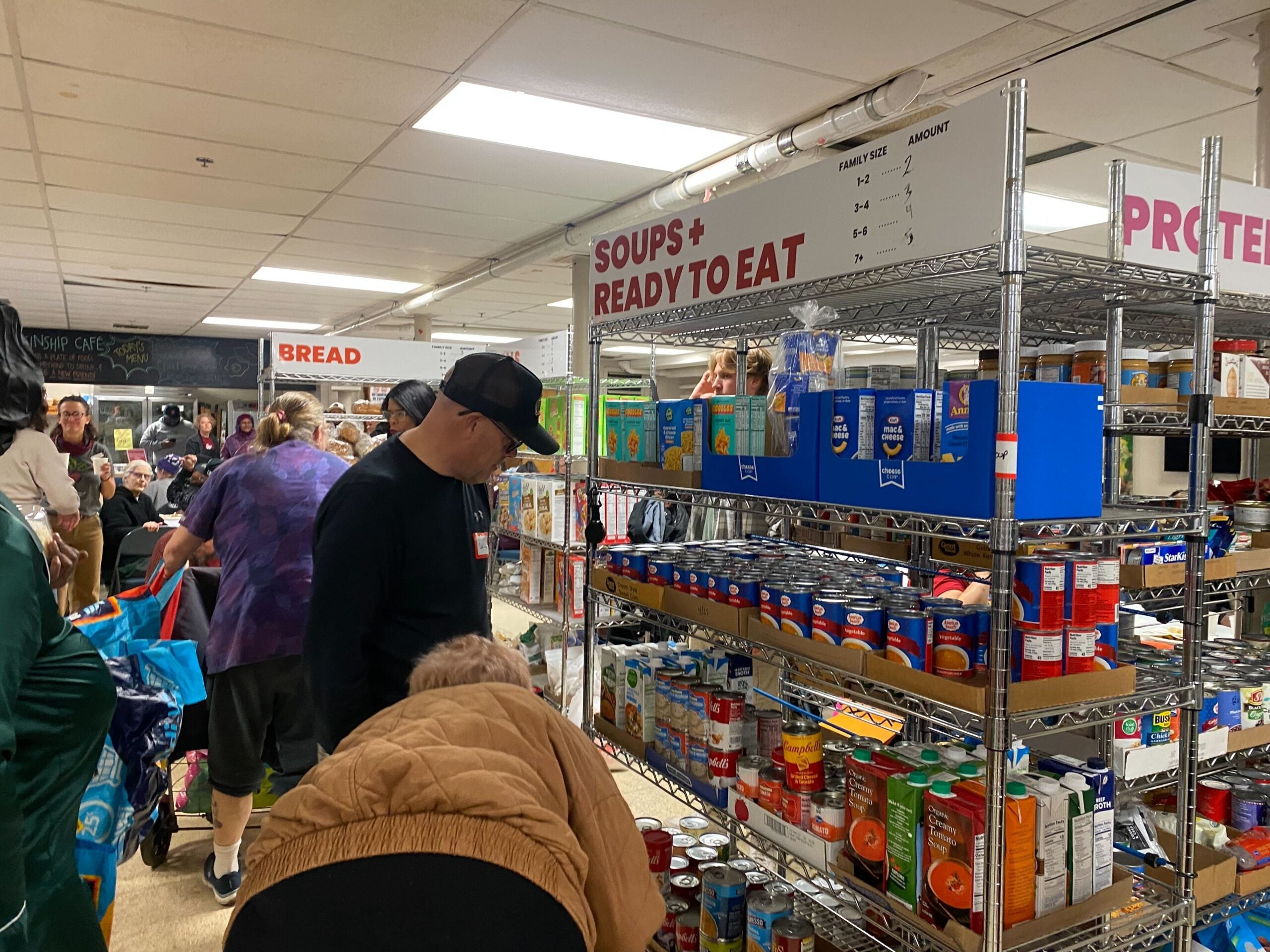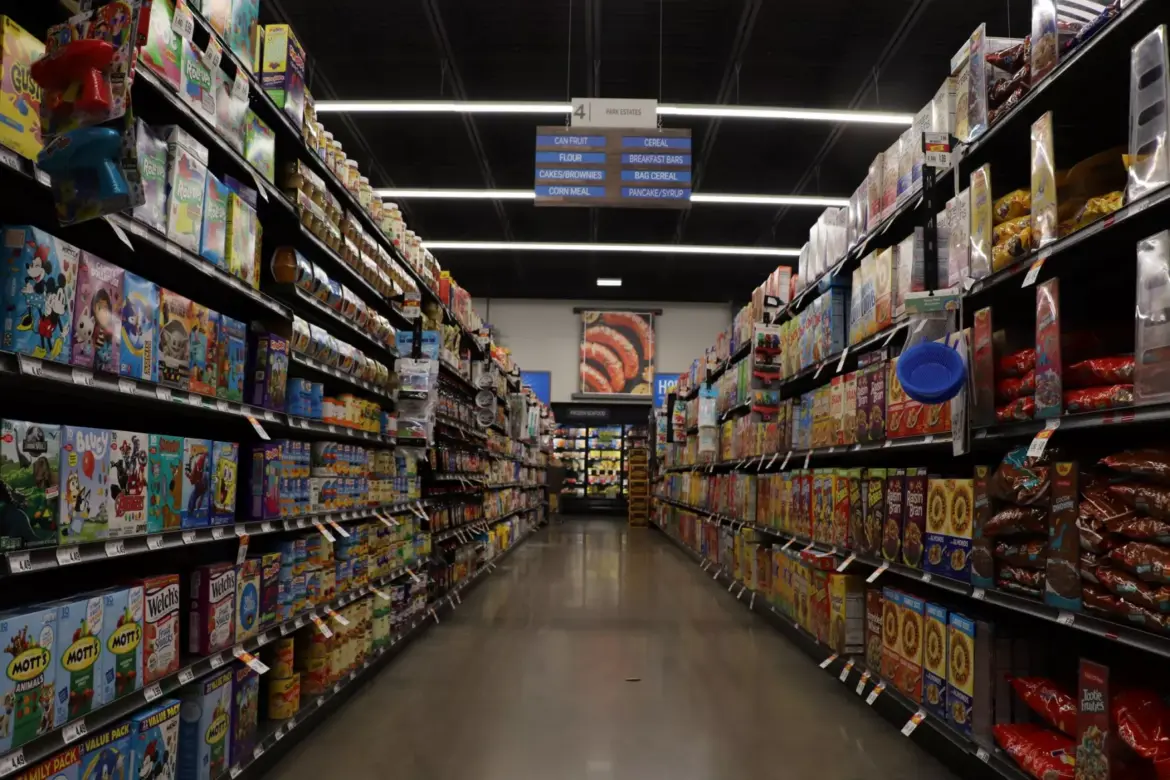Gov. Tony Evers and the Trump administration wrangled over the state’s authority to issue food assistance payments the legal conflict played out in federal courts.
The Trump administration had refused to fund the federal Supplemental Nutrition Assistance Program, known in Wisconsin as FoodShare, during the government shutdown. After a judge ruled that the administration could not withhold funding for the program, Evers on Thursday evening moved to restore the halted benefits.
But on Friday evening a judge temporarily granted the Trump administration’s request to block the assistance from going out. On Saturday, the U.S. Department of Agriculture said states must “immediately undo any steps taken to issue full SNAP benefits for November 2025.”
News with a little more humanity
WPR’s “Wisconsin Today” newsletter keeps you connected to the state you love without feeling overwhelmed. No paywall. No agenda. No corporate filter.
In a statement in response, Evers, a Democrat, said all of the state’s benefits for November had already gone out, and nearly $10 million was spent on Friday alone.
“I can’t imagine why the Trump administration would want to double down on preventing Wisconsinites who are hungry from getting food to eat, and I can’t imagine why congressional Republicans are standing by and doing nothing to stop them or pass a funding measure that ensures folks don’t go hungry or go broke trying to afford health care.” Evers said. “This is basic stuff, folks.”
Nearly 700,000 Wisconsinites, including 270,000 children, rely on SNAP benefits. Across the state, many are feeling the affects of the FoodShare cliff. The lapse in benefits has put pressure on Wisconsin recipients of the benefit, as well as food pantries and other service providers. In Milwaukee, a mother of a 4-month-old baby told WPR she needs the benefits to buy formula.
“All my benefits go to his milk,” Latricia Williams said. “I stock up on that.”
 Many Milwaukee residents rely on SNAP and food pantries each month to survive. Here, people get staples at Kinship Community Food Center on Oct. 28, 2025. Steph Conquest-Ware/WPR
Many Milwaukee residents rely on SNAP and food pantries each month to survive. Here, people get staples at Kinship Community Food Center on Oct. 28, 2025. Steph Conquest-Ware/WPR
From Milwaukee to Eau Claire, the legal battle has left FoodShare recipients stressed about benefits and confused about the future of their monthly payments.
The Evers administration noted that Wisconsin Women, Infants, and Children Program is not affected by the federal shutdown. WIC members can use their benefits and attend appointments.
Around 337,000 Wisconsin households received $104 million in FoodShare payments on November 6, according to the Wisconsin Department of Health Services. The Evers administration said full November FoodShare benefits are still available on all QUEST cards.
Wisconsin Public Radio, © Copyright 2025, Board of Regents of the University of Wisconsin System and Wisconsin Educational Communications Board.


Dining and Cooking